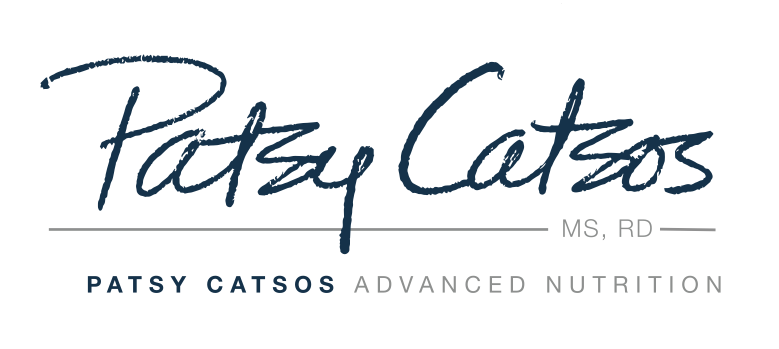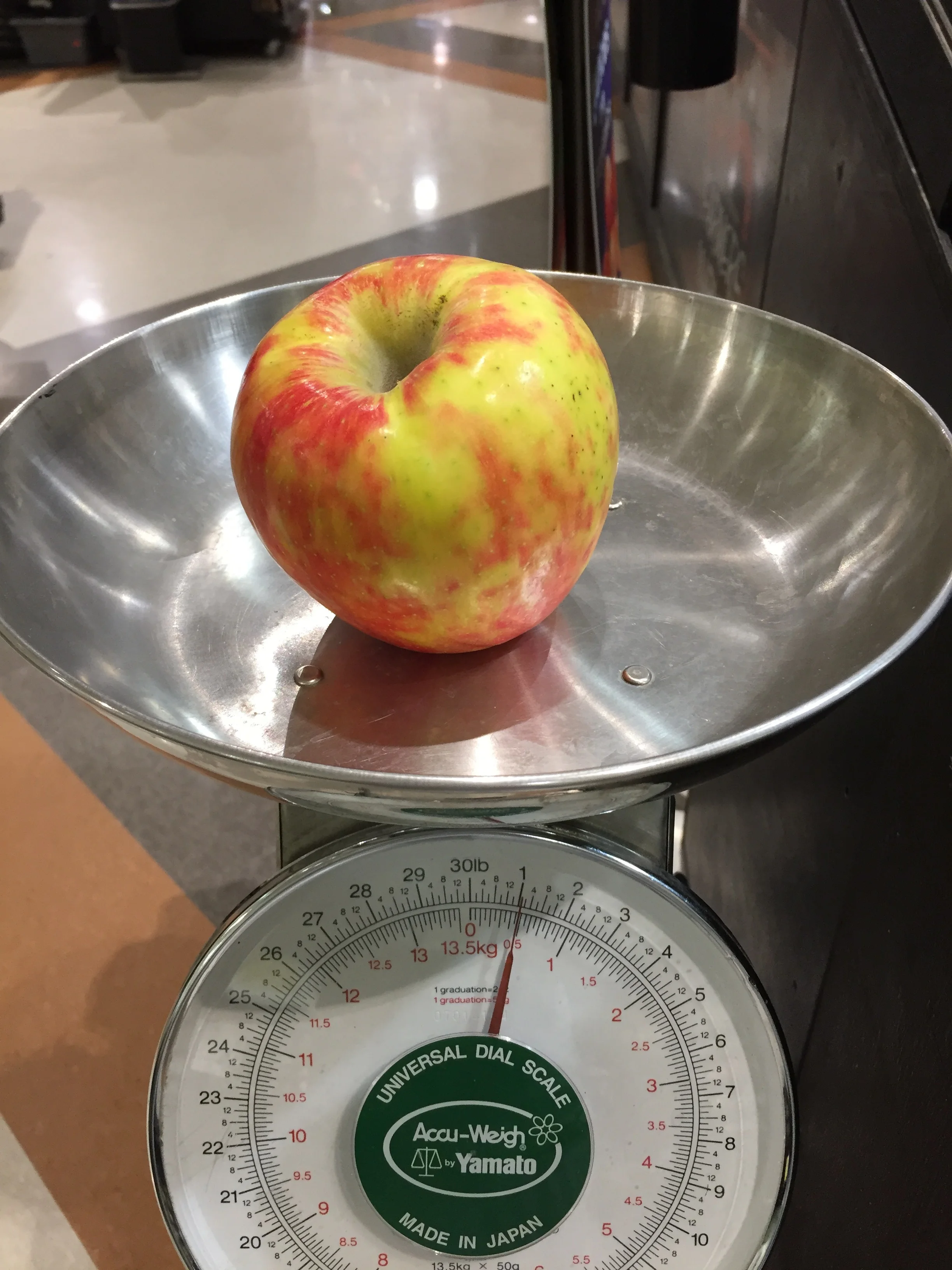Q. What foods should I look for in my diet to see if I am eating too many FODMAPs?
A. “Too many FODMAPs” means something different for everyone. Still, there are certain things I have learned to look for when I’m reviewing someone’s story to figure out whether their usual diet is high in FODMAPs. The FODMAP Big 10 might look a little shocking at first glance--you may deliberately eat some of these foods for their health benefits. But, if you have IBS and you eat frequent or large portions of the foods listed below, as I tell my patients, “that might explain a lot.” Never fear, at the conclusion of the FODMAP elimination diet and reintroduction process, many of these foods can be enjoyed in moderation.
1. Sugar. OK, a little table sugar is usually well absorbed and shouldn’t cause GI distress for most. But some people (you know who you are) eat way too much sugar. I’m not just talking about sugar that you add to your coffee, but also prepared foods that are sweetened with sugar, high fructose-corn syrup, honey and agave. Look at your intake of sodas, sweetened tea and coffee drinks, candy, cookies, snack bars, cakes, pies, donuts, ice creams, and condiments such as barbecue sauce and ketchup.
An apple a day... can actually be problematic for some people, especially if that apple weighs an entire pound!
2. Apples. A drive in the country to go apple picking is a favorite fall activity here in Maine. Sadly, this delicious and otherwise healthy fruit is a big problem for many of my patients. Apples are high in both fructose and sorbitol. If you have IBS, and an apple or two a day haven’t solved your problem, they might be part of the problem. Look at other seasonal fruits, too--cherry, watermelon and peach seasons can be problems for some people.
3. Garlic. Garlic is particularly high in FODMAPs. If you eat garlic like it’s a vegetable, it can be a major trigger for GI distress.
4. Onions. Another humble member of the allium family, onions are significant sources of FODMAPs. They are used liberally in almost every cuisine in the world, and why not? They are inexpensive, flavorful, and filling. For people who can tolerate them, they provide fibers that nourish friendly gut bacteria. But they can be too much of a good thing for some people with IBS.
5. Nuts. Do you get carried away with the salted nuts when you snack on them? Do you eat lots of nuts as a source of protein? (I find that vegans are especially likely to fall into this habit.) Unfortunately, by the time you’ve eaten enough nuts, nut bars or trail mix to meet your protein needs, you’ve eaten a boat-load of FODMAPs. The math just doesn’t work in your favor!
6. Milk. Lactose, the natural sugar in milk, is a FODMAP. In addition to milk you drink by the glass, think about milk you consume on cereal, or in lattes, frozen coffee drinks, hot chocolate, milk chocolate, puddings, chowders, ice cream, frozen yogurts and gelatos.
7. Yogurt. Yogurt is a mixed blessing when it comes to digestive health. On one hand, the friendly bacteria in yogurt can be beneficial for gut health. On the other hand, the lactose in yogurt is a FODMAP. If you eat loads of yogurt or yogurt smoothies, it can add up to a problem.
8. "High fiber" products. Some makers of bars, shake mixes, and breads add ingredients to boost their fiber content. Inulin, or chicory root is one such FODMAP ingredient, but there are many other fibers added to foods these days that may turn out to be FODMAPs, too. One of my patients this week figured out her most devastating bouts of abdominal pain happened when she reintroduced a particular brand of nutrition bar. The bars contained well over 20 grams of fiber, as much as 9 large onions or 2 cups of kidney beans! Ouch.
Pizza can be high in FODMAPs, especially if you eat the whole pie!
9. Pizza. Not only does almost every part of pizza contribute some kind of FODMAP, people tend to overeat it. If you eat more than an occasional slice of pizza, it’s a red flag.
10. Broccoli. Some people LOVE their vegetables. And not in moderation, either. If you would consider eating an entire plateful of roasted broccoli or cauliflower for dinner, I’m talking about you! Eating lots of vegetables is encouraged, appropriately, by many health authorities. Some lucky people find that eating lots of vegetables prevents constipation or actually keeps their IBS at bay. But if going that route only makes your symptoms worse, FODMAPs could be to blame. (Broccoli lovers will be happy to learn that smaller portions of broccoli are OK even for the elimination phase of low-FODMAP diets).
Do you see yourself in this article? If so, you might be a good candidate for a low-FODMAP diet. Read more about that here, discuss it with your doctor or dietitian, and consider picking up a copy of The IBS Elimination Diet and Cookbook.
This post was originally published on October 5, 2017. It was reviewed and republished on August 2, 2020.
This page may contain affiliate links. We are a participant in the Amazon Services LLC Associates Program, an affiliate advertising program designed to provide a means for us to earn fees by linking to Amazon.com and affiliated sites



